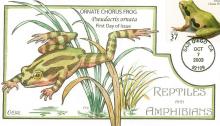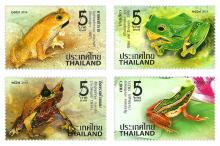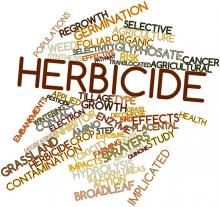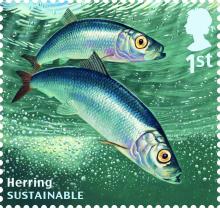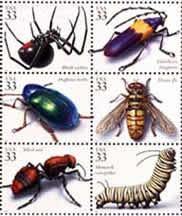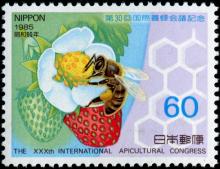Amfibieën worden bedreigd door bestrijdingsmiddelen
Uit wetenschappelijk onderzoek blijkt dat pesticiden en andere chemicaliën een significante rol spelen in de wereldwijde achteruitgang van amfibieën, zoals kikkers. De Duitse en Zwitserse wetenschappers achter de studie zeggen in het Britse dagblad The Guardian dat het zowel “verbazingwekkend” als “alarmerend” is dat veelvoorkomende pesticiden zo giftig kunnen zijn, en dat in dosissen die goedgekeurd zijn door overheden. “Je zou niet denken dat producten, die geregistreerd zijn op de markt, zo’n giftig effect hebben”, zegt Carsten Brühl van de Duitse universiteit Koblenz-Landau.

